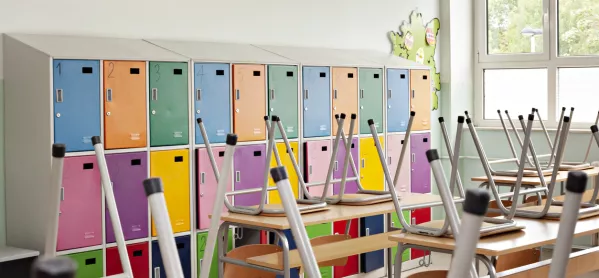The coronavirus pandemic has led to the largest disruption of education in history, the United Nations secretary-general has said.
António Guterres also called for the reopening of schools once the local transmission of the virus is under control.
A UN policy briefing on education during Covid-19 and beyond, launched today, read: “The single most significant step that countries can take to hasten the reopening of schools and education institutions is to suppress transmission of the virus to control national or local outbreaks.”
Charity: Pupils’ Covid catch-up fears ‘could increase truancy’
News: Opening schools risks double strength second Covid wave
Johnson: ‘School reopening a national priority’
In a tweet, Guterres said that school closures have affected more than 1 billion students last month and called for the creation of inclusive and resilient education systems.
In addition, he said that at least 40 million children worldwide have missed out on education “in their critical pre-school year”.
Last month, over 1 billion students were affected by #COVID19 school closures.
Even before the pandemic, the world was facing a learning crisis.
We must take bold steps now, to create inclusive, resilient, quality education systems fit for the future. https://t.co/fD4nwEkqUg pic.twitter.com/71ksZO2DHP
- António Guterres (@antonioguterres) August 4, 2020
As a result, he warned that the world faces “a generational catastrophe that could waste untold human potential, undermine decades of progress, and exacerbate entrenched inequalities”.
He said: “The knock-on effect on child nutrition, child marriage, and gender equality, among others, are deeply concerning.
“The decisions that governments and partners take now will have lasting impact on hundreds of millions of young people, and on the development prospects of countries for decades to come.”




